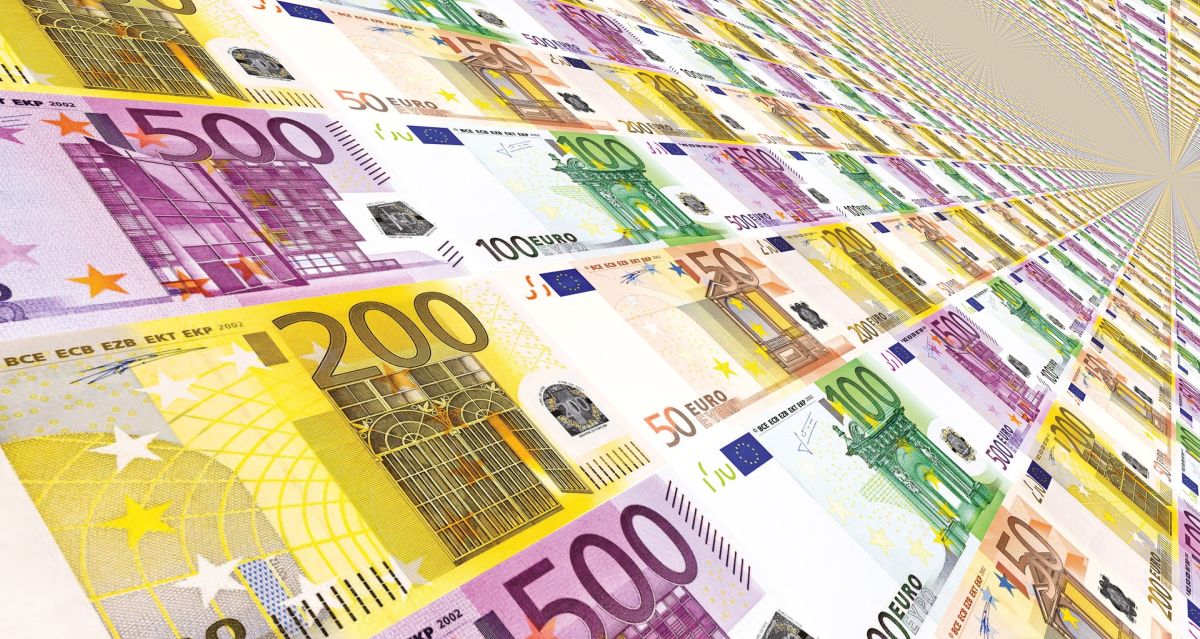
Three startups in diverse fields announced the receipt of the Eurostars funding recently to work on innovative projects to develop solutions aiming to make immunotherapy more effective, plants adapt to new climatic changes and enable green energy production. Two medtech startups also secured innovation funding, thanks to Switzerland’s bilateral relations with South Korea or the UK.
The Eurostars program, supported by Eureka, is an intergovernmental initiative to support cooperative R&D in the European context, with the aim of promoting the competitiveness of European companies through the promotion of innovative technological projects. Swiss startups continue to benefit from the program, and below are some of the recent beneficiaries.
A Swiss–Dutch consortium led by InCephalo AG and comprising the University of Basel and Dutch company VitroScan received the Eurostars grant amounting to €2.3M to accelerate a novel brain cancer drug candidate. In the CLEIO project, the consortium will focus on three aspects. It will study the effect of InC01 (InCephalo’s primary asset) treatment on established ex-vivo GBM models based on patient tissue, discover new biomarkers for the response and non-response of InC01, and drive clinical Phase II trial design through stratification of patient populations, for the first-in-kind Compartment-Locked and Effective ImmunOtherapy against glioblastoma.
AgroSustain, a spin-off from the University of Lausanne founded in 2018, developed a technology to extend the shelf-life of fruits, vegetables and flowers through natural and organic coatings and fungicides. With this solution, the startup aims to reduce food waste and support organic food production. The startup and its partner Chouette received a Eurostars grant to develop a novel, highly efficient biostimulant for helping plants adapt to changing climatic conditions and monitor its efficacy using a data-driven crop management system. The biostimulant is currently undergoing efficacy studies and should be certificated in selected regions in the next 12 to 18 months.
Unisieve, the developer of proprietary ‘membrane technology platform promising to save up to 90% of the energy required to purify the world’s most frequent chemical feedstocks, is part of the Eurostars-funded project BIOEnergHII. In collaboration with the Spanish company Inngen.io (Ingeobras), the project aims to bring to the market a ground-breaking solution for green energy production based on generating a bio-hydrogen and bio-methane gas mixture through the valorisation of wastewater from the food and drink industry. UniSieve is responsible for gas purification using its advanced molecular sieving membrane technology. Focus separations will be bio-hydrogen upgrading and bio-methane separation.
More information on Eurostars can be found on the Innosuisse website.
Swiss bilateral collaborations with other nations are yielding positive results for Swiss startups.
Terapet, a Geneva-based CERN spin-off developing an innovative platform technology for imaging in nuclear medicine together with their Korean partners Yonsei University (Heavy Ion Therapy Center) and Oncosoft Inc. are awarded CHF 1’835’000 and KRW 1’500’000’000, respectively through a bilateral innovation project funded by Innosuisse and the Korea Institute for Advancement of Technology (KIAT). The combined funding supports the development of a novel patient-specific quality assurance device for Heavy Ion Therapy (HIT) to be installed at Yonsei Cancer Center, the location of the first carbon ion therapy center in South Korea. Carbon ion therapy is an advanced treatment method for cancer and other tumor diseases. The collaboration will officially start on 01.11.2023 and will run for the coming 3 years.
Nanoflex Robotics AG, a remote robotic surgical company together Brainomix Ltd, a British AI-powered medtech solutions company have obtained a grant of CHF 400,000 and £400,000, respectively under the "UK – Switzerland Bilateral: Collaborative R&D" program. The grant was administered by Innovate UK, the United Kingdom’s innovation agency and Innosuisse, Switzerland’s Innovation Agency. Starting in 2024, Nanoflex and Brainomix will collaborate to create an artificial intelligence-assisted magnetic navigation system for robotic surgical tools. The project will leverage Brainomix's AI-enabled diagnostic imaging capabilities and Nanoflex Robotics' precise magnetic navigation technology to create an assisted-navigation feature for interventional devices, such as catheters, as it moves through the vascular network. They will create an integrated remote diagnosis and treatment platform for stroke, powered by artificial intelligence.
More information about bilateral innovation projects can be found on the Innosuisse website.
(RAN)























































Please login or sign up to comment.
Commenting guidelines